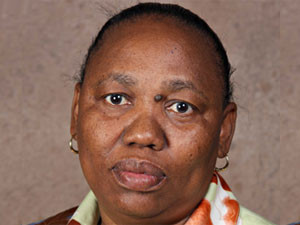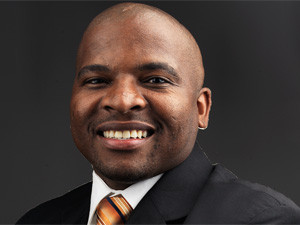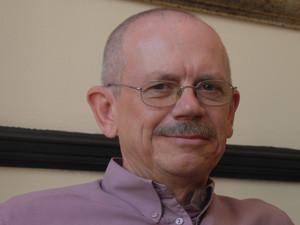
While thousands of matriculants will be celebrating having passed their 2013 examinations, industry commentators have raised concerns over the future pipeline of skills for the ICT sector, because of the low percentage required to pass core subjects.
Announcing the results last night, basic education minister Angie Motshekga crowed about the highest pass rate ever achieved since the dawn of democracy - 78.2% ? and boasted of a system that shows signs of stabilising. "The time to reap the benefits of our hard work has arrived."
However, industry commentators are concerned about the minimum pass rate required and say this poses a dilemma for the ICT sector's ability to innovate. There are also concerns about the low number of students taking mathematics and science and achieving entry to universities.
Motshekga pointed to several interventions in the past few years, including the administration of Annual National Assessments to more than seven million learners, and a focus on literacy and numeracy.
"The results of international studies, including Trends in Mathematics and Science Studies (TIMSS), have corroborated our observations that sections of the education system are responding positively to the many interventions we have made."
Motshekga said the 2011 TIMSS showed improvements in mathematics and science competences of grade nine learners, when compared to grade nine learners tested in 2002. She noted the country's improvement on the scale was among the steepest globally during the same period, overtaken only by Ghana.
More passes
Last year, 562 112 students wrote the national senior certificate (NSC) exams on a full-time basis, an increase of 50 960, while part-time candidates went from 81 552 to 92 611, said Motshekga. Of those who wrote, 439 779 passed matric, a "whopping" increase of 61 950 passes compared to last year, said the minister.

Motshekga announced that of those who wrote mathematics, 142 666 - or 59.1% - passed, an improvement on 2012's 54%. The pass rate for physical science also improved, from 61.3% to 67.4%, with 124 206 learners passing. The number of passes in mathematical literacy gained from 254 611 to 282 270, said Motshekga.
Yet, mathematics and physical science were passed by less than 30% of those who passed matric, which industry commentator Andile Tlhoa'ele says is "not good". He notes there is an improvement in the number of students passing both subjects - seen as building blocks for an ICT career - but questions the quality of passes.
ICT veteran Adrian Schofield says although more students are passing matric, this does not address the real issue, which is that an "appallingly" low number of learners are taking ICT building block subjects.
Too easy
Schofield adds mathematics and science are critical to economic growth and development, as ICT enables other activities and is not a "sideline" sector. He argues the required pass rate must be boosted to 50%, but this is not likely to happen, as the percentage of those successfully finishing school will drop. "They've built themselves a box they can't get out of."
Tlhoa'ele says, because students only need to get 40% in three subjects and can then pass the balance with 30%, this translates into them not knowing 70% of the subject matter. He says this reduces the prospects of students finishing degrees and is a long-term problem for SA's ICT sector.
University qualifications are key for the country to develop advanced skills so that it can build the industry to move further beyond importing technology to developing it, says Tlhoa'ele.
Motshekga noted the percentage of grade 12 learners who qualified for bachelor's studies has grown from 26.6% in 2013 to 30.6%.
Schofield adds those with bachelor's passes are the only students who will get a real chance to hone their skills for future employment. He says the pool of future skills for the sector is becoming smaller and, without internal skills, the country will "forever be consumers of others' technology".

Annette Lovemore, the Democratic Alliance's shadow minister of basic education, has also raised concerns over the credibility of the matric results. "Using the pass rate as the main yardstick to assess performance is simply not a credible measure of the quality of education."
Lovemore said focusing on the pass rate also masks other crucial indicators of learner performance, such as the number qualifying for tertiary education, the quality of passes, and the number of mathematics and science passes.
However, there is a silver lining in the low-hanging fruit, says Tlhoa'ele. He says not all the students who passed matric will have gained a bachelor's pass, the starting point for admission to university, which means they can study at universities of technology.
This, says Tlhoa'ele, means these students can easily be assimilated into the ICT sector to fill entry-level positions.
Schofield also questions what will become of the 60% of students who started school, but then dropped out or failed matric. He says this is a worrying factor for the country's future.
Share